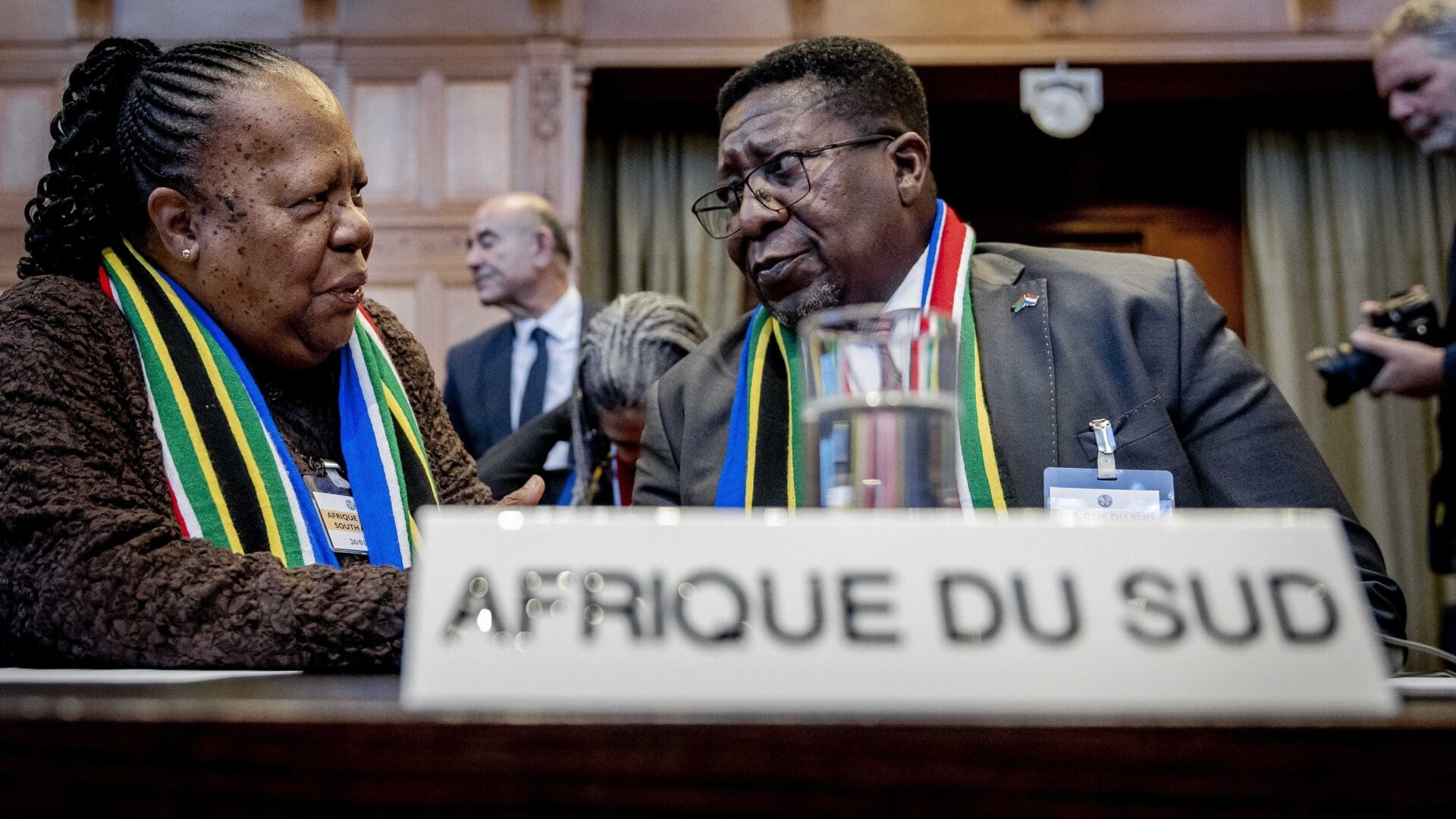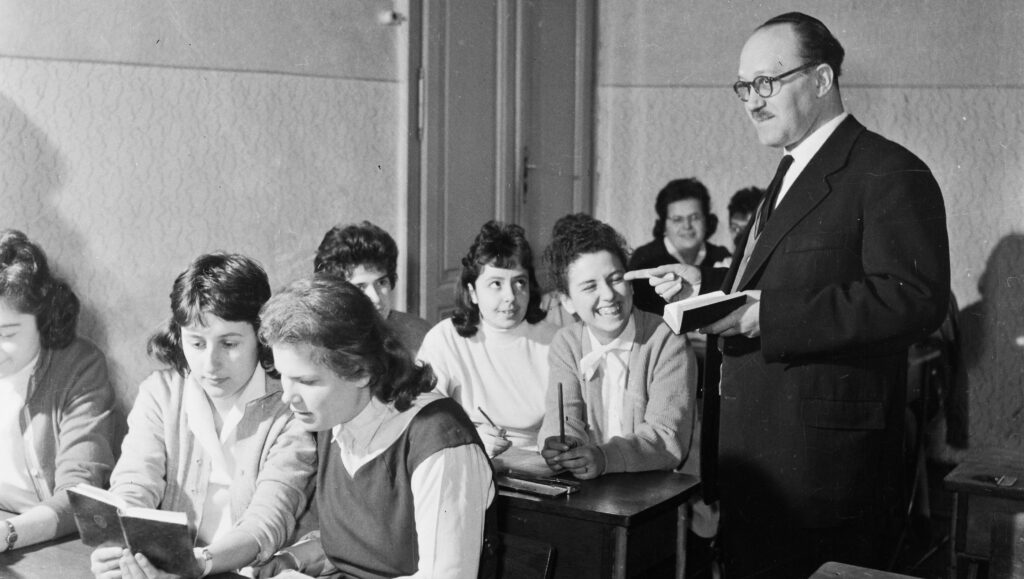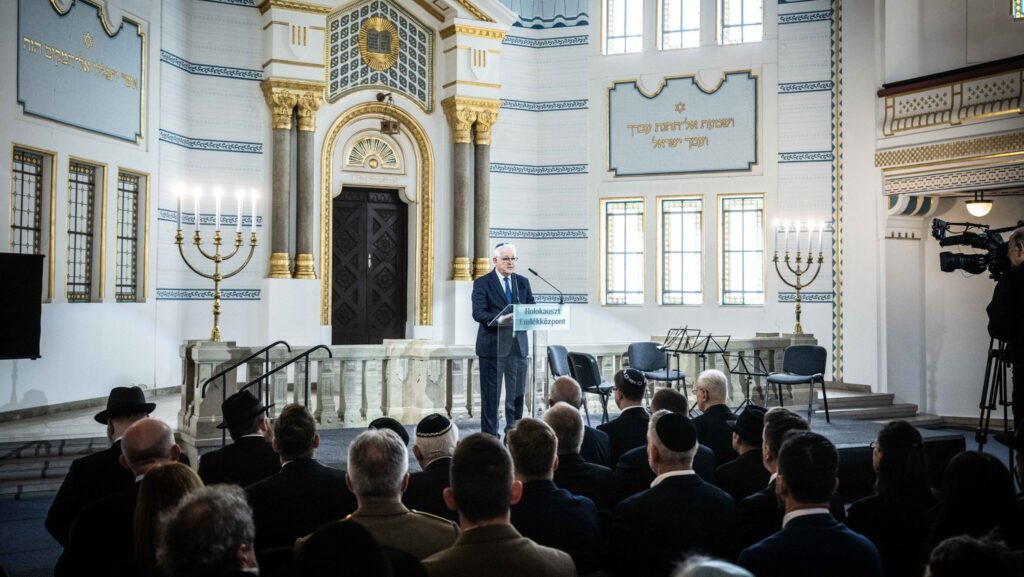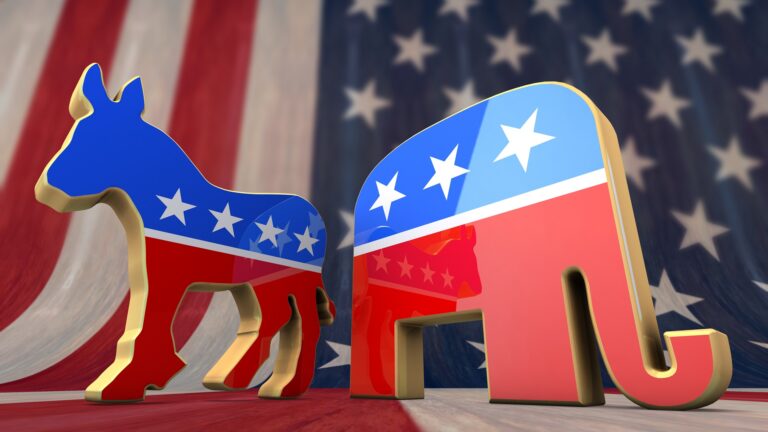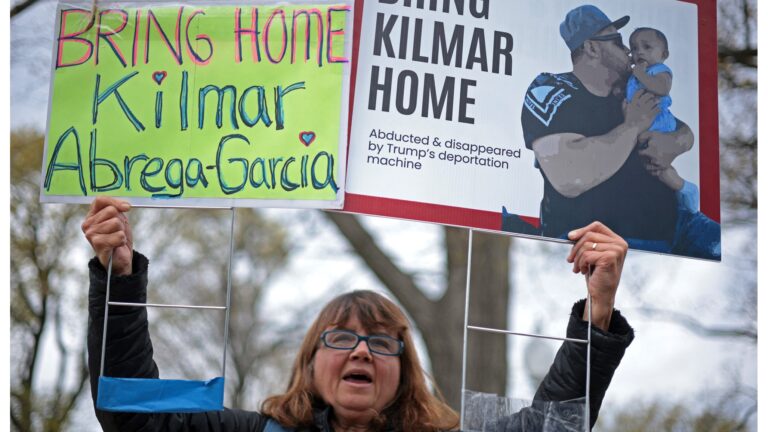South Africa’s application against Israel along with the request for provisional measures are not only a landmark genocide case but a critical moment for the global community’s pledge to human rights, the rule of law and the rules-based international order. The provisional measures ordered by the International Court of Justice (ICJ) fell short of the ceasefire requested by Pretoria. While the court reaffirmed Israel’s right to self-defence, it also ordered Israel to mitigate the risk of genocide. The ICJ will proceed to try the case on its merits—possibly taking years to do so.
The ruling is a significant step towards re-establishing the credibility of international humanitarian law. However, those who argue that South Africa’s invocation of the Genocide Convention must be welcomed as it embodies the erga omnes nature of prevention of genocide, strengthening the international legal order itself,
should keep in mind the politicized nature of the application.
While South Africa alleges that Israel has committed genocide in Gaza, it failed to condemn some of the most severe human rights abuses of our times in the past. Pretoria’s assertion that its engagement to prevent grave human rights violations, fulfilling its responsibilities ‘under a treaty obligation to prevent genocide from occurring’ is a political stunt and a blatant attempt to exploit the international legal system. It only reinforces to the Global South that Western values can be legally challenged and that support for human rights is based on a political agenda.
South Africa has a proven track record of selective support for human rights. In 2015, the country’s government failed to comply with an arrest warrant issued by the International Criminal Court (ICC) against Sudanese President Omar al-Bashir who is responsible for the murder of over 300,000 civilians. In 2023, Pretoria asked the ICC for an exemption from an arrest warrant issued against Vladimir Putin, so that the Russian president could attend a BRICKS summit in the country.
South Africa also remained silent on condemning Russia’s invasion of Ukraine at the UN General Assembly vote in March 2022. South African President Cyrill Ramaphosa even went to the extreme of heavily criticizing the resolution.
Finally, the ‘impartiality’ of South Africa in the Gaza conflict is best demonstrated by the fact that its governing party, the African National Congress (ANC) hosted a high-ranking Hamas delegation in Pretoria in December 2023—just two months after the US Department of State-designated-terrorist organization massacred over 1,200 civilians and took about 240 people hostage.
Pretoria asserts that it has a legal obligation under the Genocide Convention to prevent genocide by invoking the ICJ’s jurisdiction under the treaty. This is unusual, but not unprecedented. South Africa’s legal claim is built on genocide because invoking the Genocide Convention establishes the jurisdiction of the ICJ. Customarily,
it is the UN Security Council that has the primary obligation to maintain international peace and security under the UN Charter, and not the ICJ.
With the Security Council incapacitated by the permanent members’ veto power and the International Criminal Court (ICC) only prosecuting individuals in criminal cases, the ICJ remains the only option. The ICJ is the highest legal body of the UN that can adjudicate conflicts between member states.
The ruling has high importance: it could have affected military aid to Israel. Under the Leahy Law, the United States is prohibited from aiding any foreign security force where there is ‘credible information that the unit has committed a gross violation of human rights’. It’s worth noting that Washington has been Israel’s biggest military assistance provider since World War II.
When it comes to the ICJ, judicial independence is also in question. The panel has long been criticized for being heavily influenced by national biases. Judges ought to be impartial but in the past some voted in accordance with their countries’ politics. At least one third of the judges are well known for their support for Palestine.
Moreover, if Pretoria’s genuine intention was to support human rights and to end the suffering in Gaza, then South Africa could have easily impleaded Hamas. The fact that an organization is classified a terrorist group doesn’t mean that it cannot be considered a state actor and certainly doesn’t mean that it has zero accountability under international law. Hamas is evidently performing functions of government in the enclave, which is a federated geographic entity of Palestine.
In accordance with the Responsibility of States for Internationally Wrongful Acts,
it can be argued that the ICJ has jurisdiction over Hamas.
Hamas brutally slaughtered more than 1,200 Israeli civilians on October 6, 2023, and still holds 132 civilians hostage. The massacre instigated disorder and chaos in the West with rising antisemitism and protests calling for the destruction of the State of Israel. Hamas is a terrorist organization, and Israel has a right to self-defense as per international law. These are the facts. More than 25,000 Palestinian civilians have died in Gaza in Israel’s efforts to completely eradicate Hamas. The humanitarian situation in Gaza is beyond catastrophic. Also facts.
International law must safeguard every innocent person. It will only further lose legitimacy if it allows politics to lead the way. The ICJ must stand by the tenet that international law cannot be applied selectively and cannot disregard South Africa’s biased intentions during future proceedings.
About the authors:
Mónika Palotai is a Senior Fellow at the Religious Freedom Institute, Washington DC and Non-Resident Expert at the Warsaw Institute, Poland
Kristóf György Veres is the International Director of the Danube Institute, and a visiting research fellow at the Center for the National Interest

